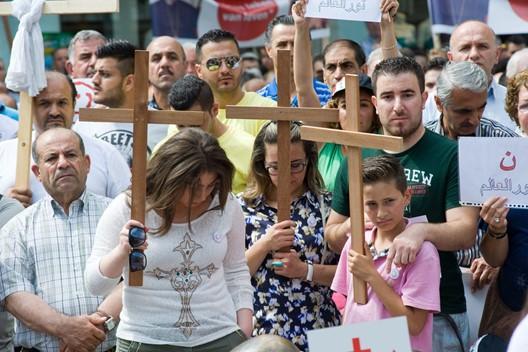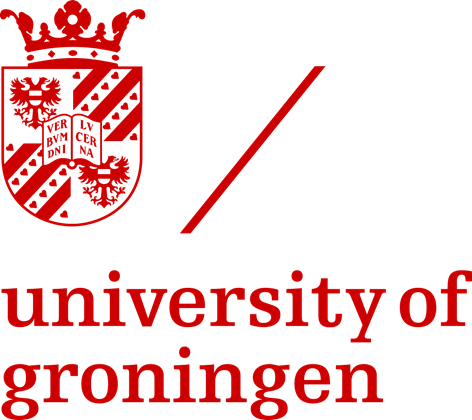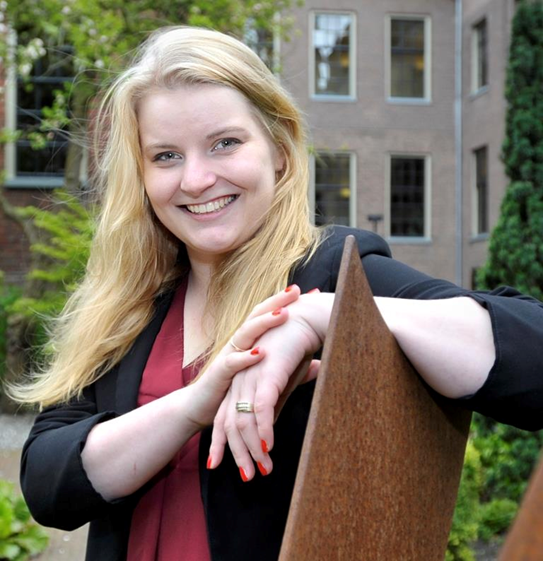MA Religion, Conflict and Globalization


About
How are religion, conflict and peace related? How does globalization affect local religious traditions? How do religious and secular actors interact in debates on migration and gender?
Within the modern world, it is clear that religion has a major role in many conflicts occurring at multiple levels and locations. Yet religion is also one of the main ways in which people connect with each other across the globe. Despite this social and political significance, NGOs, governments and journalists alike often have misguided understandings of religion’s role in the modern world and the meaning that it holds for various peoples, relying on simplistic and outdated assumptions. This can contribute to disagreements, tensions and misunderstandings, with potentially serious consequences.
The Religion, Conflict and Globalization Master’s track aims to address the pivotal place of religion within the dynamics of a globalized world, and how this relates to conflicts that shape modern societies. The course is interdisciplinary, wide-ranging, and broad, including political, social, psychological, cultural and legal dimensions.
Overview
How are religion, conflict and peace related? How does globalization affect local religious traditions? How do religious and secular actors interact in debates on migration and gender?
The Religion, Conflict and Globalization Master’s track aims to address the pivotal place of religion within the dynamics of a globalized world, and how this relates to conflicts that shape modern societies. The course is interdisciplinary, wide-ranging, and broad; including political, social, psychological, cultural and legal dimensions.
Qualification | Duration | Study Mode |
Master of Arts | 12 months | full-time |
Start Date(s) | Location | |
September 1 2023 | On-campus |
Course details
The MA programme Religion, Conflict and Globalization consists of a compulsory introductory course (5 ECTS), a compulsory course unit on Research Methods (5 ECTS), four electives (5 ECTS each) and a thesis (20 ECTS). 10 ECTS are reserved for a practical placement.
Entry requirements
- Bachelor's degree in Theology, Religious Studies, Arts (e.g., International Organizations, Middle Eastern Studies, Philosophy), Political Sciences or Social Sciences (e.g., Anthropology, Psychology, Sociology). Students with another bachelor's degree may be admitted via a pre-master's programme.
- Proof of English proficiency
- Grade list of the marks of your bachelor's degree programme with an explanation of the followed courses
Motivation letter
Career outcomes
Following completion of this degree, you will be able to advise or write policy documents on different subjects - including developmental assistance, or multicultural society. Job tracts include working for a government, in business, or at an NGO. Other options include media, or indeed education. Those who wish to pursue an academic career can follow this track as part of the two-year Research Master's programme.
Check where our alumni end up after graduating on our alumni page.
